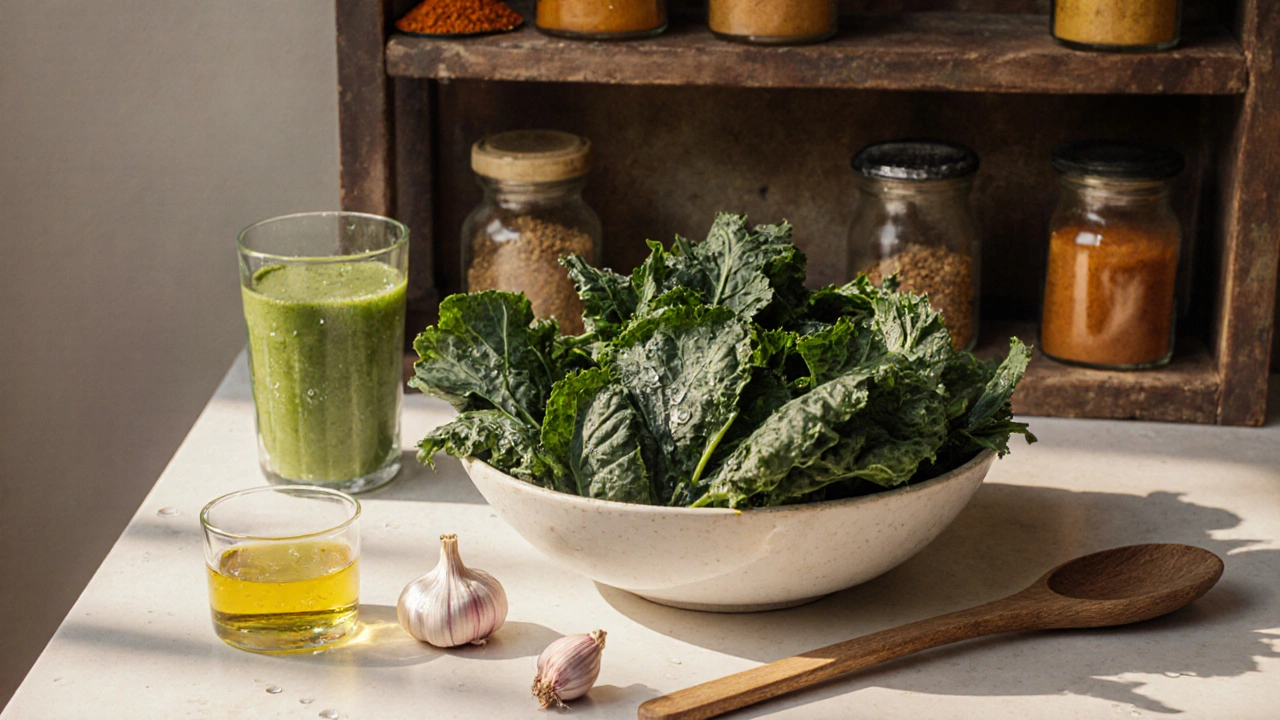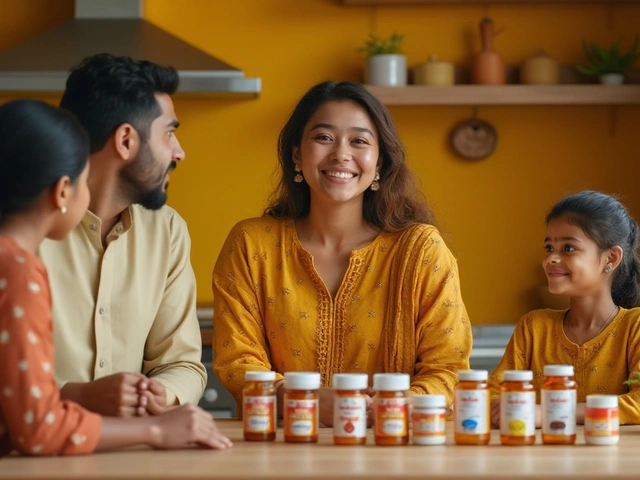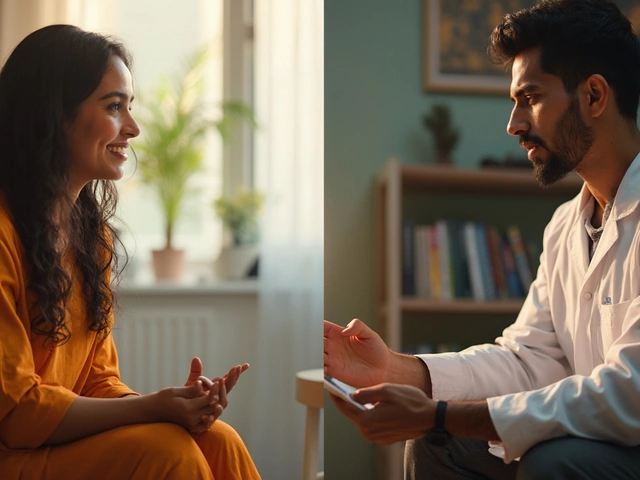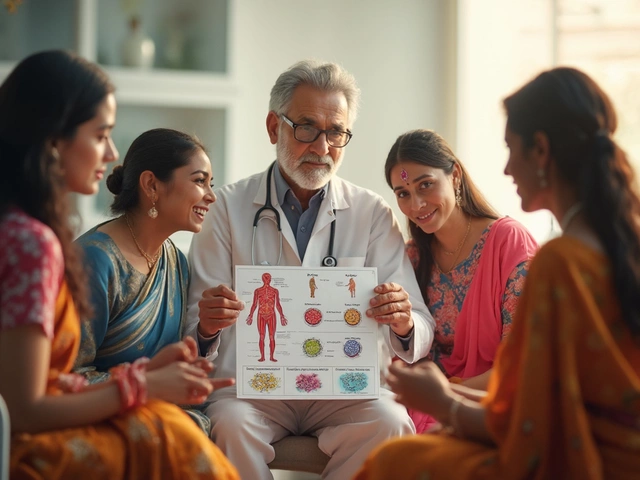Nutrition in India: What You Eat Matters More Than You Think
When we talk about nutrition, the science of how food affects your body’s function and long-term health. Also known as dietary health, it’s not just calories or protein—it’s about what’s missing, what’s hidden, and what’s been added to make your food last longer or look better. In India, where meals are tied to culture, tradition, and daily rhythm, nutrition isn’t a trend. It’s survival. But the food on your plate today might not be the same as the food your grandparents ate.
Take Ayurvedic diet, a system of eating based on body types (doshas) and seasonal rhythms, rooted in ancient Indian medicine. It’s not just about eating turmeric or drinking warm water. It’s about matching what you eat to your body’s needs—something modern nutrition often ignores. But here’s the catch: many Ayurvedic products sold today aren’t pure. Some contain heavy metals, pesticides, or unlisted pharmaceuticals. You think you’re healing yourself, but you might be poisoning yourself slowly.
Then there’s food safety, the condition of food being free from harmful contaminants, whether from farming, processing, or storage. In India, it’s not rare to find milk mixed with detergent, spices laced with lead, or rice with insecticides. These aren’t outliers—they’re systemic issues. And when you combine unsafe food with unregulated supplements, products sold as natural remedies but often containing hidden drugs or toxic doses. you’re stacking risk on top of risk. A CoQ10 pill might help your heart. But if it’s laced with steroids to make you feel "energized," it’s not helping—it’s harming.
Nutrition in India is a quiet crisis. People think if it’s traditional, it’s safe. If it’s sold as a supplement, it’s good. If it’s cheap, it’s worth it. But the truth is, what you eat can quietly damage your liver, wreck your hormones, or raise your cancer risk over years—without you ever knowing why. The posts below don’t just talk about eating better. They show you what’s really in your food, what supplements are worth taking, and which "healthy" habits might be doing more harm than good. You’ll find real stories, real data, and real warnings—not theory, not marketing. Just what you need to know to eat without fear.

What Is the Number One Healthiest Food in the World?
Leafy green vegetables like kale and spinach are the most nutrient-dense foods on the planet, offering unmatched benefits for heart health, blood sugar control, and gut health. Eat them daily for lasting results.

Which Vitamins You Should Avoid Taking Together
Jan, 3 2025



